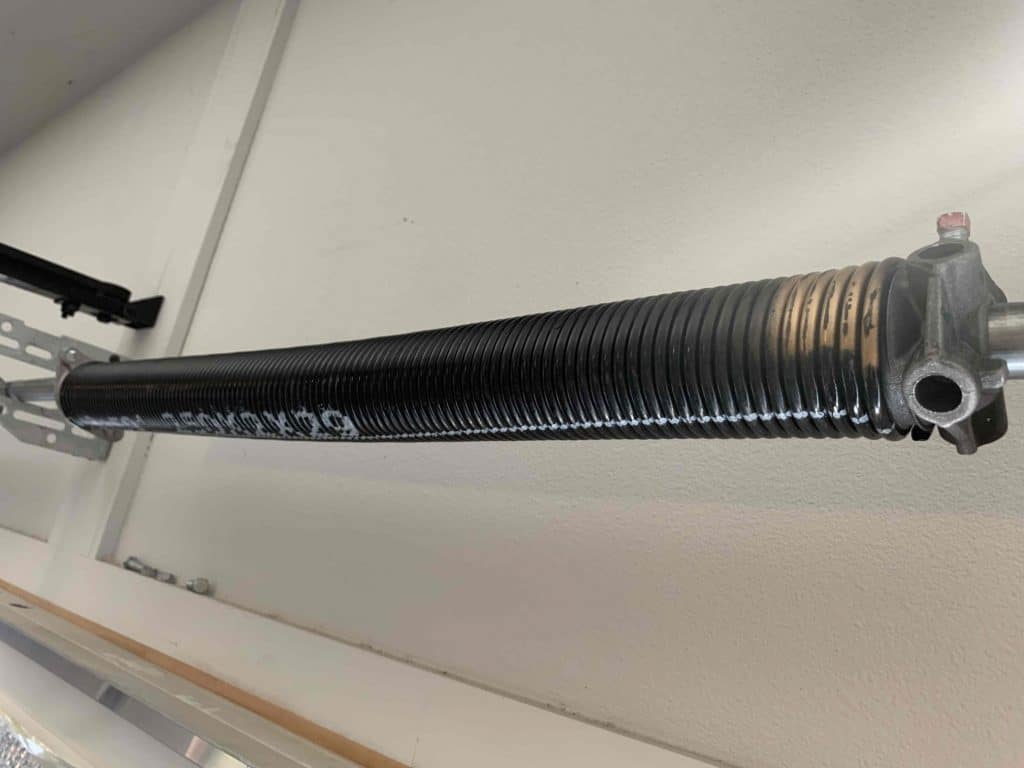Garage doors are essential components of residential and commercial properties, providing convenience, security, and protection for vehicles and belongings stored inside. While most homeowners are familiar with the various parts and mechanisms of their garage doors, one question that often arises is: do garage doors need springs? In this comprehensive guide, we’ll delve into the role of springs in garage door operation, their importance for smooth functionality, and whether they are necessary for every type of garage door. Whether you’re considering garage door maintenance or troubleshooting an issue with your door, understanding the role of springs is crucial.

Understanding the Role of Springs
Balancing the Weight
One of the primary functions of springs in garage doors is to balance the weight of the door. Garage doors can be heavy, especially those made of solid materials such as wood or metal. Without springs to counterbalance the weight, opening and closing the door manually or with a motorized opener would require significant effort and strain.
Facilitating Smooth Operation
In addition to balancing the weight of the door, springs also play a crucial role in facilitating smooth and controlled movement. As the door opens and closes, the springs absorb and release energy, helping to reduce the strain on the door and its components. This results in smoother operation and less wear and tear on the door and its hardware.
Read too: No Power to Genie Garage Door Opener – Resolving the Issue with Ease: Troubleshooting Guide
Supporting the Door System
Springs provide essential support for the entire garage door system, including the tracks, rollers, and hinges. By distributing the weight of the door evenly, springs help prevent premature wear and damage to these components, ensuring the longevity and reliability of the door.
Do Garage Doors Need Springs?
Types of Garage Door Systems
While most traditional garage door systems rely on springs for operation, there are alternative systems available that do not require springs. For example, some modern garage doors use counterbalance systems or torsion springs located above the door rather than traditional extension springs mounted on the sides of the door.
Benefits of Springs
While it’s possible to operate a garage door without springs, they offer several important benefits that make them essential for many homeowners. These benefits include:
- Enhanced safety: Springs help prevent the door from slamming shut or closing too quickly, reducing the risk of accidents or injuries.
- Smoother operation: Springs contribute to smoother and more controlled movement of the door, resulting in less strain on the door opener and other components.
- Longer lifespan: By reducing the stress on the door and its hardware, springs help prolong the lifespan of the entire garage door system, saving homeowners time and money on repairs and replacements.
Maintaining Garage Door Springs
Regular Inspection
To ensure the continued smooth operation of your garage door, it’s essential to inspect the springs regularly for signs of wear or damage. Look for rust, corrosion, cracks, or any other visible issues that may indicate the need for repair or replacement.
Professional Maintenance
Garage door springs are under high tension and can be dangerous to work on without the proper training and equipment. For safety reasons, it’s recommended to leave spring maintenance and repairs to trained professionals who have experience working with garage door systems.
Lubrication
Applying lubricant to the springs and other moving parts of the garage door can help reduce friction and prolong their lifespan. Be sure to use a lubricant specifically designed for garage door systems and follow the manufacturer’s recommendations for application.
Conclusion
In conclusion, while it’s possible to operate a garage door without springs, they play a crucial role in balancing the weight, facilitating smooth operation, and supporting the entire door system. Whether your garage door relies on extension springs, torsion springs, or a different type of counterbalance system, springs are essential for ensuring safe, reliable, and efficient operation. By understanding the role of springs and following proper maintenance procedures, homeowners can enjoy years of trouble-free use from their garage doors.



Leave a Reply